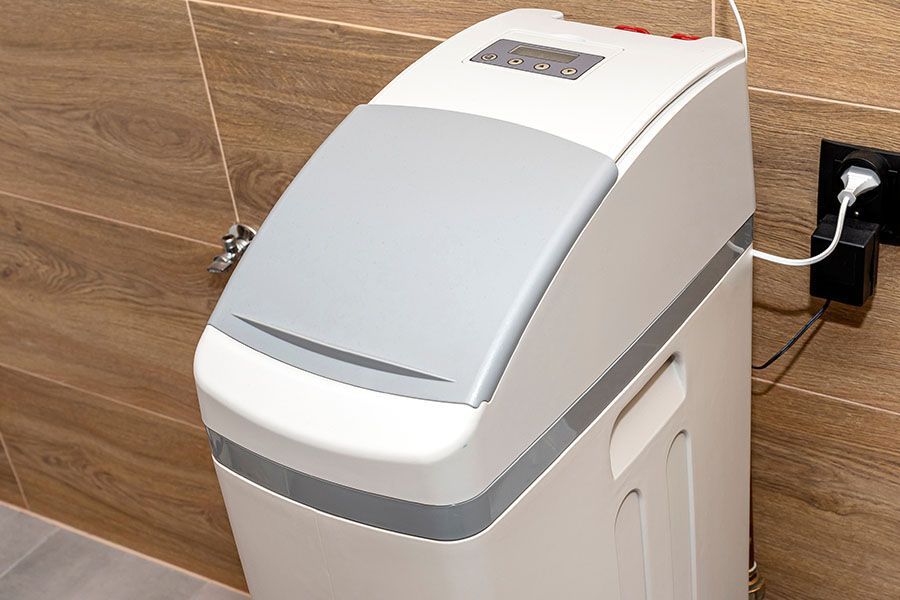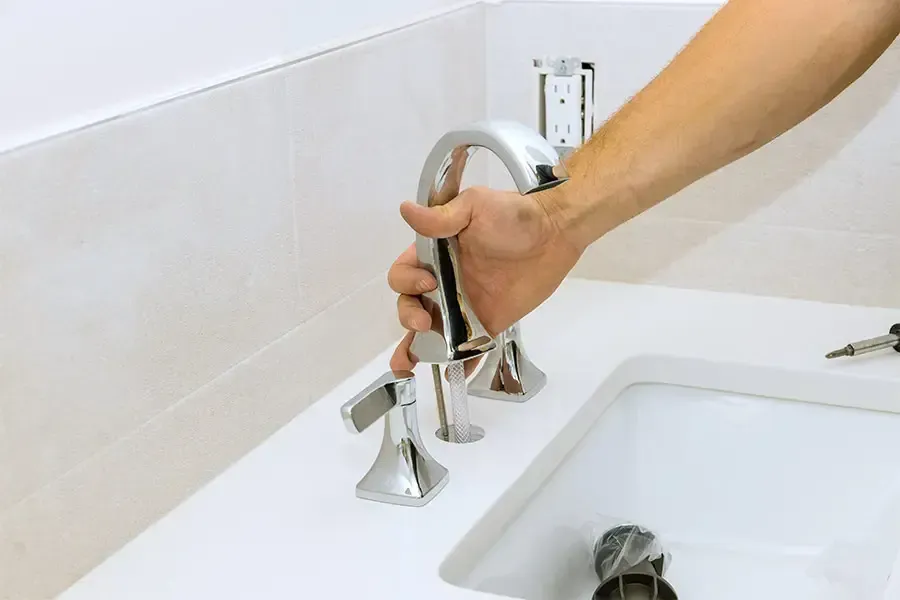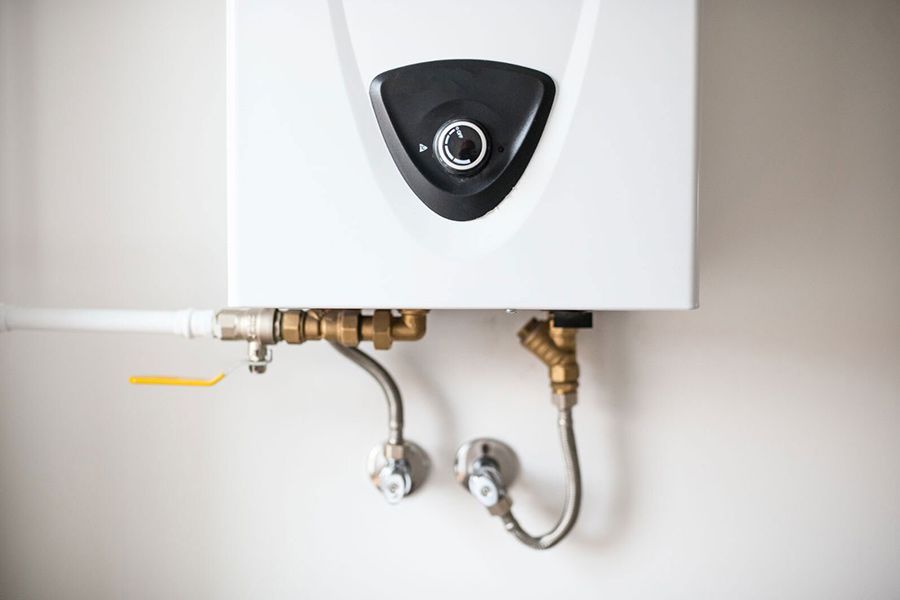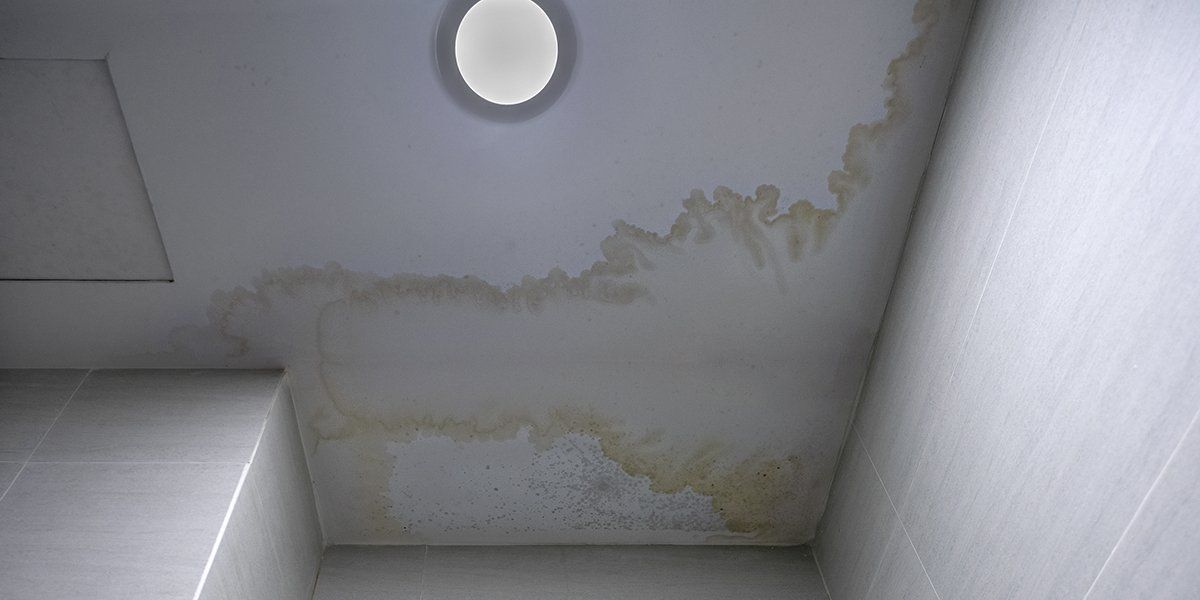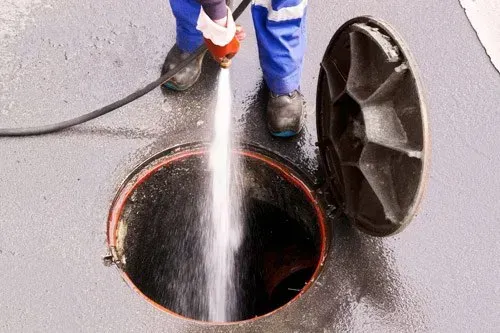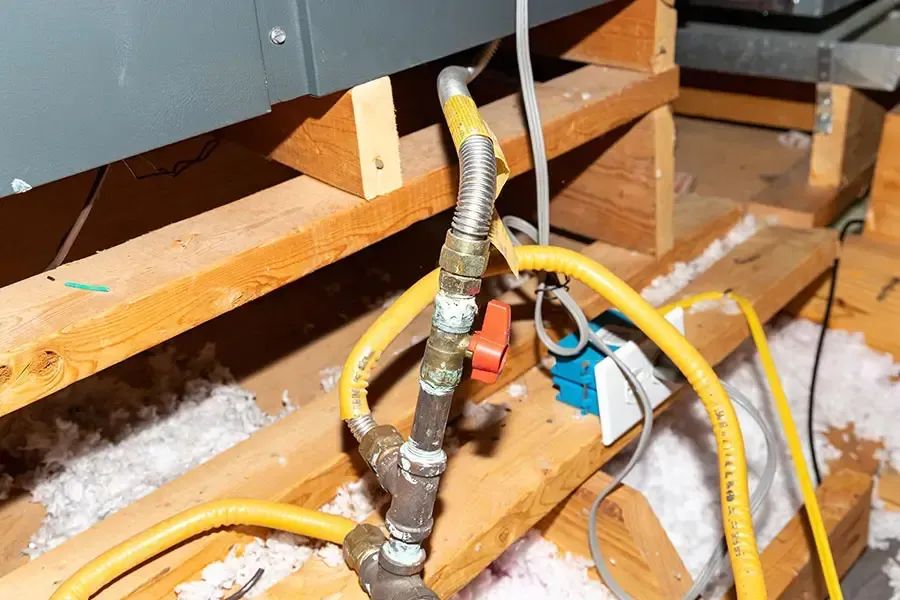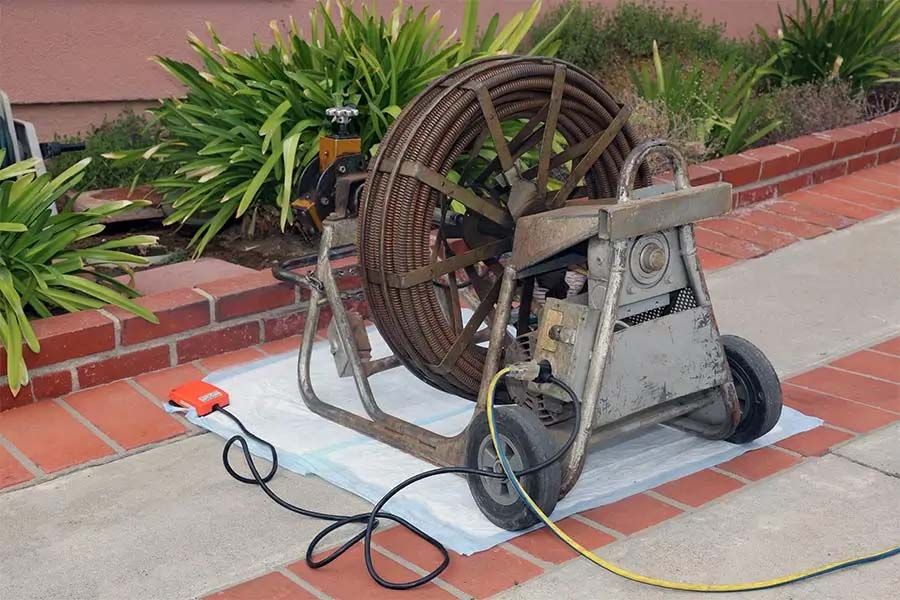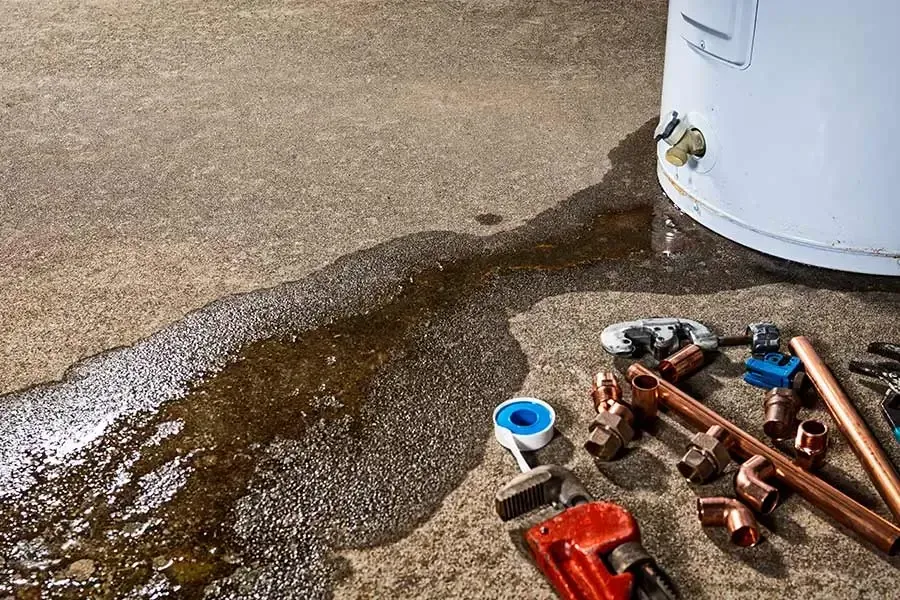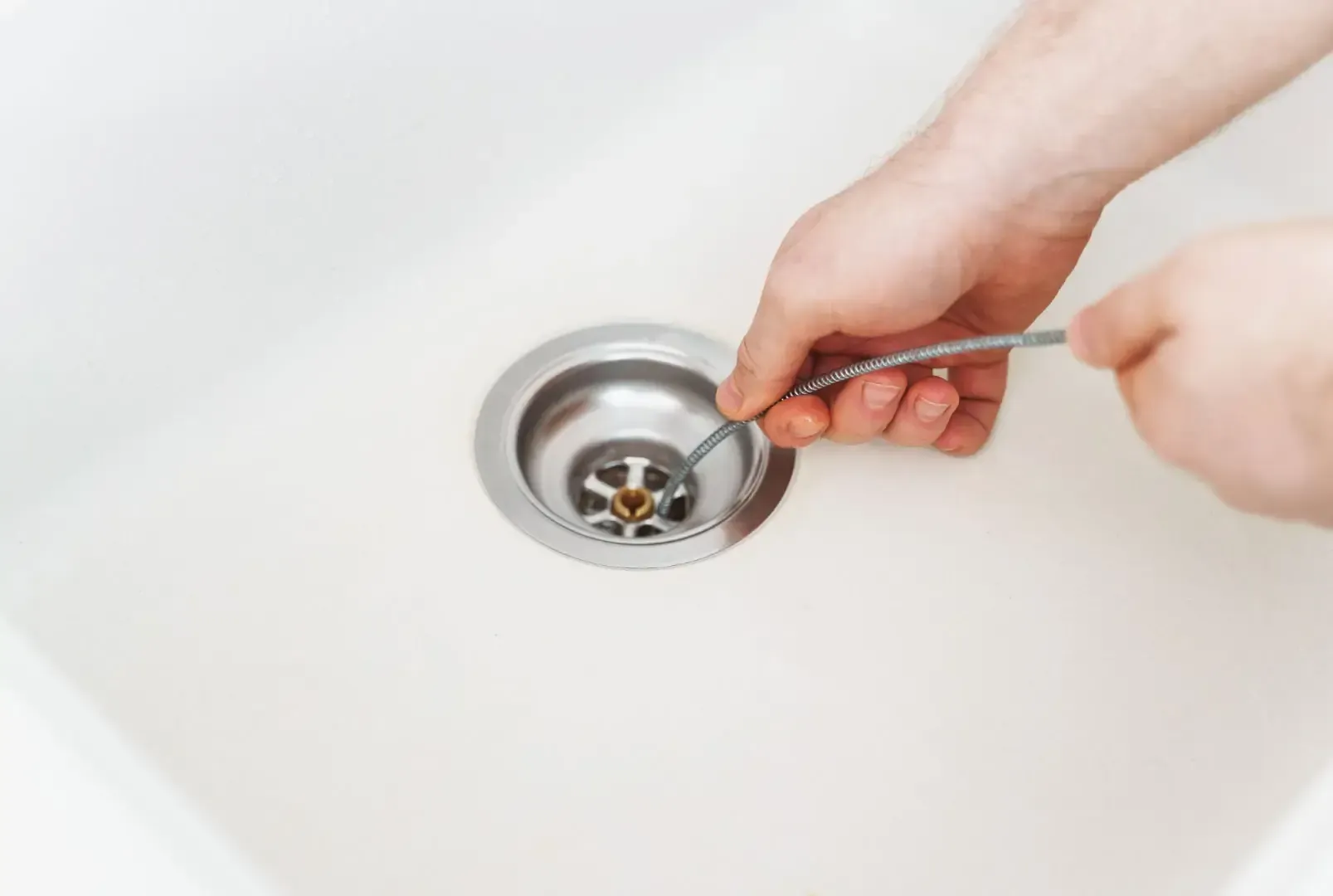The Real Risks of Plumbing Backflow in Lyndhurst, OH
Your plumbing system comprises a complex network of pipes delivering fresh water to the fixtures in your bathroom, kitchen, and washroom. As the same network eliminates the resulting wastewater from your activities in those locations, separation is key. Ideally, there should never be a reason for wastewater to flow back into your home or enter a line that is carrying clean water to where it needs to go.
What happens when your property’s pipe networks experience a plumbing backflow issue? What are the risks? Lyndhurst’s trusted plumbers cover the details in the post below.
What Is Backflow?
Plumbing backflow occurs when water from a drainage pipe reverses its normal direction.
Typically, this backward flow happens when something disrupts the pressure inside the wastewater line, pushing it higher than the pressure in the clean water supply line. That’s how water from a contaminated source enters the part of your plumbing system ordinarily set aside to process clean water.
The problem might not sound like much until you fully grasp what it means. Let’s start by imagining the dirty water from your bathroom drains, kitchen sink, or toilet flowing back up toward your home. It has to go somewhere, and that’s either going to be back out through the drains and other fixtures or straight into your freshwater supply.
Either way, backflow issues are dangerous. Additionally, the risks of plumbing backflow are higher in plumbing systems that feature:
- Septic tanks.
- Greywater recycling systems.
- Sewer sludge management setups.
- Rainwater catchment systems.
Exploring the Dangers of Plumbing Backflow for Homeowners in Lyndhurst, OH
Calling for expert help is key in a backflow situation. Here’s what you might experience when you’re dealing with plumbing backflow issues.
Health Risks
One of the biggest issues with backflow is the possible contamination of your drinking water supply with chemicals, fertilizers, pesticides, human waste, and a long list of pathogens. All of these can lead to significant health issues, including the following:
- Bacterial infections. Contaminated water often contains harmful bacteria, such as Salmonella, E.coli, and Legionella. When they get into your water supply, they can cause severe gastrointestinal illnesses, respiratory diseases, and more.
- Viral infections. Viruses such as Norovirus and Hepatitis A exist in contaminated water. When ingested, they can cause severe stomach flu, liver disease, and other dangerous conditions.
- Parasitic infections. Parasites like Cryptosporidium and Giardia can enter your water supply through backflow. These parasites can cause a wide range of gastrointestinal issues, including dehydration and diarrhea.
- Chemical poisoning. Ingesting water that contains pesticides and fertilizers can cause acute poisoning and long-term health issues, like cancer, poor reproductive health, and developmental issues in children. Heavy metals, like mercury, lead, or arsenic, can kill you.
Structural and Financial Damage
Plumbing backflow also causes a wide range of structural and financial concerns for property owners. For example:
- Water damage. Severe backflow can cause significant water damage in homes and businesses, especially when water overflows from plumbing fixtures that are not instantly in the line of sight. It’s not uncommon for basements and rooms in low-lying areas to flood long before anyone notices the problem. These gradual spills damage flooring, walls, and even foundations.
- Plumbing system damage. Plumbing backflow can render some plumbing fixtures and systems unusable. For example, the contaminants in the water can corrode metallic components. The water may also flow into parts of fixtures like washing machines, irreversibly damaging them.
- Loss of insurance coverage. Your policy may require that you put things in place to prevent backflow so they can consider a payout.
Legal and Regulatory Risks
One final issue with plumbing backflow is its potential to spread to nearby properties. Some potential legal trouble for you as the property owner might include the following:
- General liability. If backflow contamination causes any illnesses or property damage in your Lyndhurst neighborhood, you may be liable for the costs.
- Compliance problems. Like in other parts of the country, Lyndhurst, Ohio, has strict regulations regarding plumbing backflow prevention. If backflow issues lead to the state opening a legal inquiry against you, you may have fines and other penalties for not taking adequate steps against the problem.
Tips for Preventing Backflow Problems in Your Lyndhurst, OH, Home
Looking at the potential dangers above, it’s clear that plumbing backflow prevention should be a priority for every homeowner. Fortunately, you can prevent backflow in your home by putting some mechanisms in place, such as:
Install Backflow Prevention Devices
You can install check valves, air gaps, and preventer valves to help keep water flowing one way only. Talk to your plumber about installing these devices to avoid backflow prevention hazards.
Professional work is key, as the only thing worse than taking steps to prevent backflow is installing prevention devices the wrong way.
Schedule Regular Maintenance
Plumbing systems don’t last forever. The immense pressure they are subjected to means they will give way at some point. Even if you understand backflow risks in plumbing and have installed devices to prevent it, it’s still important to schedule regular inspections and maintenance work.
An experienced plumber looking over the system ensures everything is working as well as it should. The professional will check for leaks. These sessions usually also replace worn-out valves, pipes, and fittings to reduce potential emergency repair issues.
Implement Better Cross-Connection Control
Cross-connections are those points where your fresh water and wastewater systems meet. In older homes, these are more common. If you live in an older home in Lyndhurst or you’ve just moved into a home and aren’t familiar with the plumbing system, it’s important to get some expert insight.
Wherever possible, you’ll want to take steps to eliminate these crossover points or reduce the risk of plumbing backflow occurring there with the measures mentioned above.
Get Premium Plumbing Backflow Prevention Solutions From Your Lyndhurst, OH, Plumbers
Do you want to reduce the risk of plumbing backflow and other plumbing safety concerns? Call Formica Plumbing and Sewer Co. in Lyndhurst, OH, at 440-943-0033 to schedule a consultation!
Learn More: How to snake a 90-degree drain.
Author Bio:
Matt Formica
He worked side by side with his cousin, Frank D. and sister Linda, in the office. The company has grown and now has six vans helping the surrounding communities with plumbing and sewer issues.
